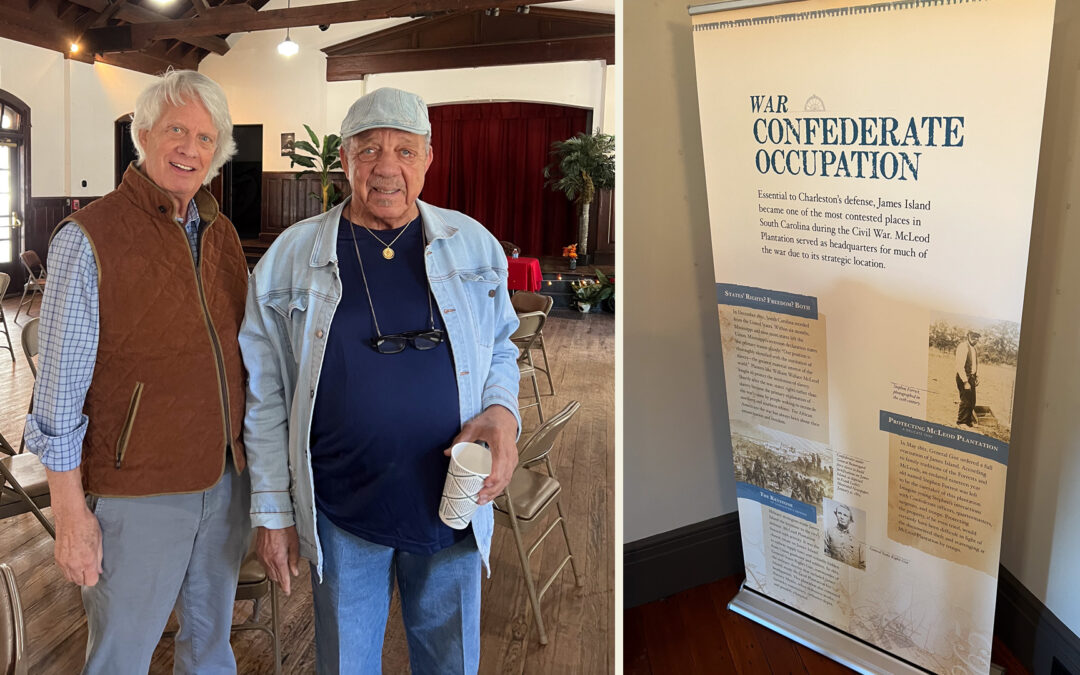
by Robert Bowie, Jr. | Nov 12, 2025 | Featured, Personal, Travel
There is nothing sadder than the moment that you realize you have missed the chance for an apology or an “I love you” that can’t be delivered because it’s too late.
At the end of my recent guided trip to Savannah, Georgia and Charleston, South Carolina I had back-to-back realizations of long-lost opportunities to apologize and to say “I love you.”
I have previously written about the trip that my friends and I took a year and a half ago to witness the history of the nonviolent practices of Martin Luther King, Jr. and the effort to enforce the civil rights laws in the western part of the south.
The focus of this trip was to follow the American slave trade pretty much from its beginning at two of the entry points and places between — from its beginnings to its end. It was a powerful experience and an amazing trip because it shook me to my roots and changed my understanding.
There are people who pass through your life and then before you can truly understand the dignity of their life and the kindness which they showed you before they are gone. In my case, one was Florine and the other was Jane. Both were Black women.
There is a fair amount of written material that documents the slave trade in America but it only becomes real when you are standing in a slave cell in which human beings were held for extended periods of time before they were auctioned into slavery, and after they had withstood the travel, in which 20% of the cargo are lost by the end of that journey.
Ten percent died on the ship and the other 10% were the unruly who couldn’t be sold. Sharks followed these ships across the waters to their destination.
As usual, I had read the dates and about the places, but to walk into slave quarters or visit buildings which have been inhabited during whippings, and experience the culture of slavery made it all real for the first time.
Slave women were forced to be kept pregnant, because they were producing product and this product was valuable. When they were old enough, the children would be sold and be lost forever. At birth, they were given only a first name no last name. After emancipation, they often just assumed the last name of their owners.
Chewing cotton roots was known to be an abortive for female slaves who did not want to bring their children into a world of degradation, however, if a pregnant slave was caught chewing cotton roots, they would receive 36 lashes, which is an unthinkably cruel punishment, especially for a pregnant woman.
Whipping was also administered to punish both slaves and their educators if it was discovered that a slave was being taught to read or write or learned mathematics such as the multiplication tables.
Florine Burk took care of my little brother and I in the late 1950s when we were kids in Washington, DC. She was a heavyset African-American woman in her 50s who had grown up in the South and had gotten her education in a single room school.
She was a force.
She could sing the alphabet and the multiplication tables. She was an avid reader who never spoke about her politics but you could feel by her presence what she thought.
She loved and knew a whole lot about Jackie Robinson and the Brooklyn Dodgers. My brother and I were required to memorize and recite the lineup for the Brooklyn Dodgers.
My brother and I loved her. She would hoist up her skirts and hit long fly balls in the backyard. If my brother or I hit a ball over the fence and through a neighbors window, she took our hand, walked us around the block, got us to knock on the door, made us promise that we would fix the window, and then she took us out to buy the glass and the caulking, and we would put in the window as she watched.
Eventually, we asked her to take us to a Washington Senators baseball game. She refused, and there was no doubt we were never gonna go with her to a Washington Senators baseball game.
Her reason, she said, was that Washington was “first in war, first in peace, and last in the American League.” She said she did not want us to witness bad baseball.
It was the 1950s, but it wasn’t her real reason and you could feel it, but I didn’t know what the real reason was until the last day of our recent trip.
Some things you have to learn late in life, and this trip taught me to look deeper into for Florine’s logic.
The morning before the end of the trip, I went online and researched the Washington Senators and found that they were one of the last teams in baseball to ever hire an African-American. They had drafted a black Cuban pitcher and identified him only as Cuban.
Florine knew her stuff. But this trip made me realize that I did not understand the depth of her character or what life must have felt like to her as a domestic raising white children in a brutally segregated city.
After she retired, she went to Los Angeles to be with family there. My brother and I wrote her birthday cards each year and sent her Christmas cards. After a few years, they would be returned to us unopened. I never told her face-to-face how much we loved her and respected her before she died.
That morning, I also realized the pain of a court clerk at the first trial I ever did in the Circuit Court of Baltimore City. I had been told that if you don’t know the judge or what to expect in the courtroom the first thing you do after you unpack is talk to the court clerk and try to make friends.
The court clerk was an entirely professional Black middle-aged woman who shook my hand and welcomed me to the courtroom when I offered my name and explained why I was there.
I put out my hand and said “I am Bob Bowie. What is your name?” She replied, “My name is Jane Bowie.”
She was instructive throughout the case and helped me when I asked my naïve questions. After the trial, I went over and thanked her and said how much I appreciated that we both had the same last name, and I had “a family friend in the court.” She smiled and laughed and patted me on the shoulder.
Over the next few years, I would see her on the streets around the courthouse and we would stop and talk. We became friends.
On this trip to South Carolina, we went to a museum that had only people‘s first names engraved in the walls at the entry room. I asked why were there only first names and the guide politely said during slavery, there were no last names, only afterward did many of the slaves just pick up the last name of the slave holder.
My family owned slaves in Prince Georges County. Much to my horror, I realized that Jane Bowie most likely came from an enslaved family that my family may have owned.
I was stunned and ashamed, but then I realized, and deeply respected, the kindness that she had offered me in the face of this country’s white supremacist history. Jane, like Florine, vanished 20 years ago and I never had the chance to recognize what she knew and the courage she had in dealing with me.
I fear that even in this generation, our children will look back and wonder how we could have looked the other way when immigrants came to this country and, as punishment, they were separated from their children when all they wanted was a chance to be free to raise them.
If you’ve ever had a blood transfusion, you never know whose blood it was. It was given as a gift from one human being to provide life for another. It’s a reminder of our common humanity, but we never quite live up to the obvious.
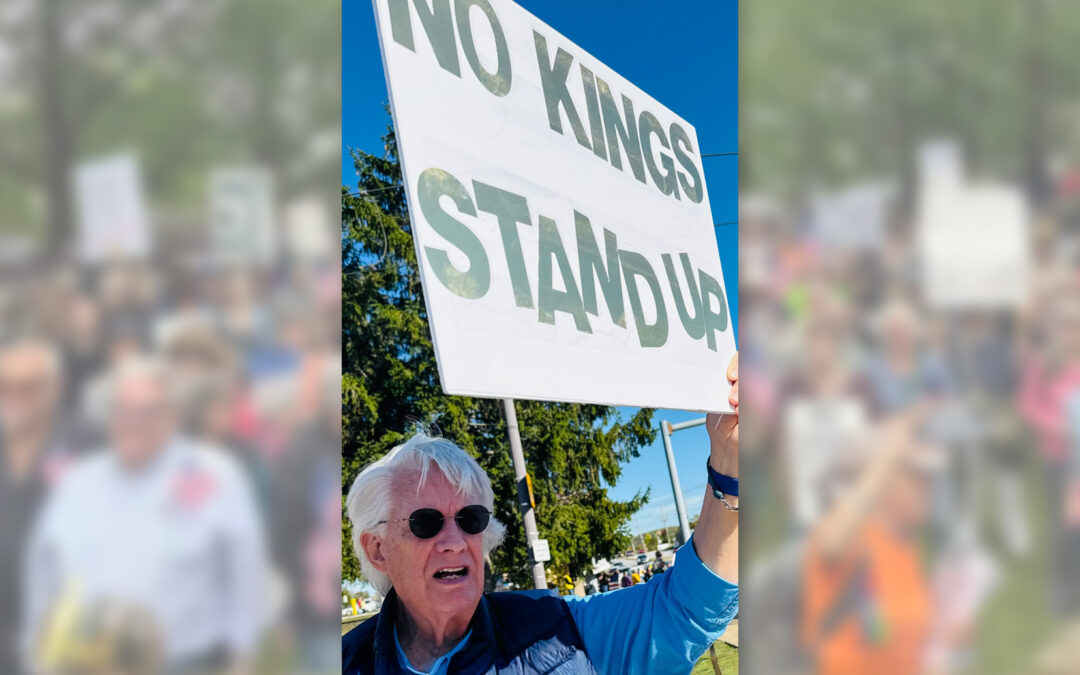
by Robert Bowie, Jr. | Oct 21, 2025 | Featured, Personal, Politics, Travel
This past weekend, I was reminded of this excerpt from my book, “The Older You Get the Shorter Your Stories Should Be” (page 169):
As the lions slowly approach, my fellow riders in the safari jeep become either “believers” that the jeep is safe territory or “nonbelievers” who, with every step of the lions, seem to be counting down the last seconds of their lives. They can’t move and the fear becomes palpable. The eyes are wide and the breathing becomes slightly labored.
On the other hand, the believers are happily photographing and silently adjusting their telescopic lenses. The lions grow closer and closer and, within 10 feet, three veer to the right and one veers to the left so that it will be behind us. Everyone in the jeep recognizes that they must keep their eyes on the three lions that will pass to our left within several feet of the jeep, but we will not be able to turn and watch the one lion that is moving behind us on our right.
The believers continue to happily photograph adjusting their telescopic lens to catch the reflection of the jeep in a lion’s eyes. The nonbelievers are breathing softly, their eyes closed, waiting for death.
After a few moments they were past us and we started the engine and continued our day.
(You can find the book on amazon or support local bookstores at bookshop.org.)
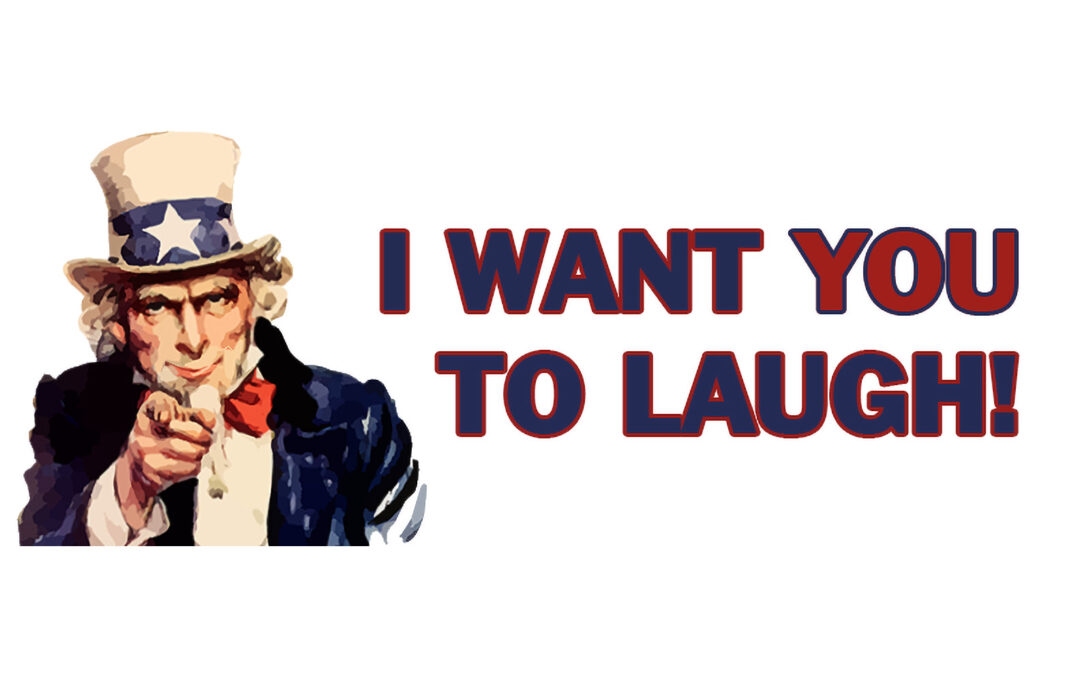
by Robert Bowie, Jr. | Sep 9, 2025 | Featured, Humor, Politics
Last week Putin told a joke and the whole world laughed, except for America.
This was remarkable.
Have you noticed that there aren’t a lot of jokes in foreign policy? Jokes have to be told in the same language for both parties, which is hard in foreign policy.
(There are not a lot of jokes in boxing either. Different punch lines… sorry.)
So foreign policy jokes have to be not what you say, they have to be what you do .
A couple of weeks ago, Trump invited Putin (a spy during the Cold War who Trump admires and has assured us is his BFF) to meet as a guest of America in Alaska. He was given the red carpet treatment: gun salutes went off, he rode in the presidential limousine with his friend the American president, and received full and complete respect from the American military.
He had been invited by our president to negotiate the end of Putin’s takeover of Ukraine, a free country and ally of the United States.
Putin accepted this invitation, held a press conference upon arrival on American soil, then skipped the planned meetings and flew back home before lunch. Then he bombed the hell out of Ukraine.
Trump declared victory. Now that’s funny!
We are all safe because Trump will always get the last laugh. Ask him. He’ll tell you. I’ve never seen him laugh, but I’m sure he’s funny.
Several weeks later, Putin joined a parade in China with North Korea and some other Eagle Scouts of the totalitarian world to celebrate the 50th anniversary of the end of the Second World War and the defeat of Japan, without inviting Trump.
But in the alternative, the world‘s antidemocratic countries invited India, the largest democracy in the world and an American trading partner upon whom Trump had recently artfully imposed 50% tariffs, which drove India into the arms of the totalitarian world leaders.
It’s hilarious because obviously Trump got the last laugh, showing off his well-known genius for “the Art of the Deal.”
It was kind of like a junior high school “mean girl” movie and Trump was the only girl not invited to the party. What really made the joke work was Trump made it look like his feelings had not been hurt. It was a perfect foreign policy joke because his actions spoke louder than words. He definitely got the last laugh.
I used to think he wasn’t subtle.
We have midterm elections coming up in a year, so guess why Trump brings in the military and plants them in Los Angeles, Chicago, and our nation’s capital, Washington DC. My guess is all the polling stations will be guarded by his police by the midterms, so we can happily celebrate our Constitution.
Why shouldn’t we believe the President of the United States? The economy must be safe even though the deficit has skyrocketed with his tax cuts for the rich, because he also has doubled his net worth over the last nine months since he was elected, so that he is now worth $5 billion.
Ya see? He’s one hell of a businessman and he’s also president of the United States. He must be an excellent straight-faced jokester because I’ve never seen him laugh.
His best jokes are often at our own expense. Nobody’s threatened and everyone seems to believe that the military buildup in our major cities isn’t really serious and, do we really even need those midterms anyway?
It’s the art of the joke.
Because Trump has been so funny, we should set up a joke in return and see how he responds.
Let’s get Congress to vote against funding the government in exchange for bringing back our democracy to make America truly great again.
Maybe that will give us all the last laugh.
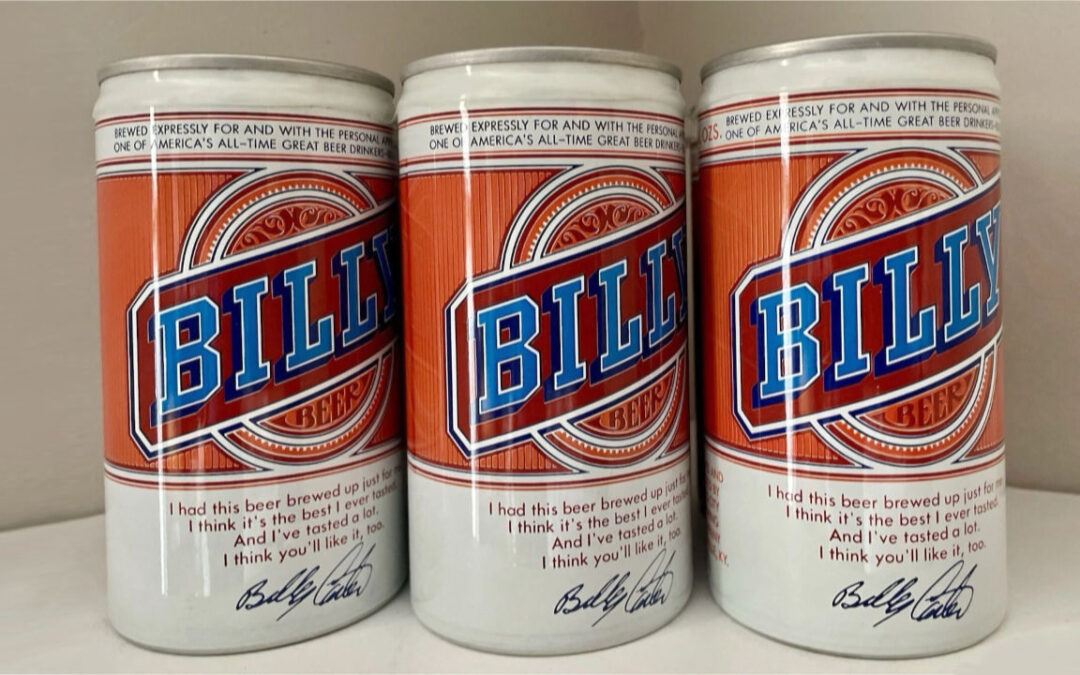
by Robert Bowie, Jr. | Jun 17, 2025 | Featured, General, Humor, Law, Personal, Politics
When I started to practice law, Jimmy Carter was elected president. To avoid some unimaginable conflict of interest, he sold his family farm for peanuts. Since I retired from the practice of law 10 years ago, apparently the ethics have changed.
President Trump for his birthday last week gave himself a military parade, which which cost the American taxpayers approximately $25 million and tore up the streets of Washington.
Several news services have recently reported that since the early days of President Trump‘s reelection campaign he has made more than double his net worth, about $5.4 billion dollars.
In the past, I would’ve been horrified, but now my reaction is that it’s a shame I didn’t somehow make a bigger profit back when ethics prohibited me.
Back during those ethical times I would preach to the lawyers at my firm that the easiest way to check your professional ethics is to ask yourself if what you were about to do would be embarrassing if it would become a headline in the New York Times. If so, don’t do it.
President Trump has re-organized and turned upside down the professional ethics of the presidency and the ethics I was used to. Everything unethical or untrue that Trump has done now is routinely front page headlines on the New York Times, which nobody reads anymore.
I have gone back to thinking about how rich I would be if I’d taken on cases that I ultimately rejected long ago because of ethical concerns.
Consider the amount of money I could’ve made if I had taken that case long ago of two Hindu businessmen who came into the office and told me they wanted to incorporate (for personal liability reasons) an ongoing business that provided Hindu Americans a chance to bury their families in the Ganges River for about $5,000 per loved one.
They told me that the contract that they offered guaranteed that the loved ones ashes, with which they were entrusted, would be respectfully sent to the Ganges, a boat would be hired as well as a videographer to make a movie of the ceremony as the ashes were transported in a beautiful urn, and a man rowing the boat out in the Ganges would be filmed opening the container and emptying it so the ashes were visible as they were were gently poured into the river.
The $5,000 would be collected in exchange for the video of the ceremony.
I will admit I was intrigued by this novel, religious practice and I asked about the heavy cost of the procedure and the profit they were making per contract.
Without batting an eye both businessmen looked at me and said it was about 95% profit. I asked them how could they possibly make such a profit and they answered: “We send everyone the same video.”
If you’re using the same video and you are making a 95% profit you certainly don’t have to be greedy. You could include a beautiful hologram of the soul rising from the Ganges and fluttering off into reincarnation.
Also they completely missed the opportunity for relics, swag, and real cool T-shirts.
When you include the total Trump’s family and political friends have made in the “pay to play” access and favors, which have included the opportunity to show your personal love and respect by purchasing Trump bitcoin and Trump Bibles, and such gifts as an airplane from the government of Qatar, no wonder Trump wants a third term.
I was so stupid I refused to represent the two Hindu businessmen, even though they generously offered me a free burial in the Ganges.
I could also have befriended the President by referring him to another client who I rejected. For a while, “viatical contracts” were easy money. Several people had the idea at the same time. During the AIDS epidemic several entrepreneurs were going into hospitals or hospices and offering to buy life insurance policies at about 10% of their face value from those who would soon die. There’s nothing illegal about that, but for me it didn’t pass the smell test.
There is some justice in the world. Once effective HIV treatment became available, they were stuck continually paying for ongoing life insurance policies.
I suspect that the Trump family has already seen the future of medical profit as is evident from the appointment of Robert Kennedy, Jr. and the future of TMD (Trump Measles Deterrent). This is not a vaccine. it is free and called “The Trump Blessing,” which is administered over a Zoom call after you buy some of the remaining overstocked Bibles that will become collectors items soon.
I think the only benefit Jimmy Carter received from his presidency was a gift given by his brother: a couple of cans of Billy Beer.
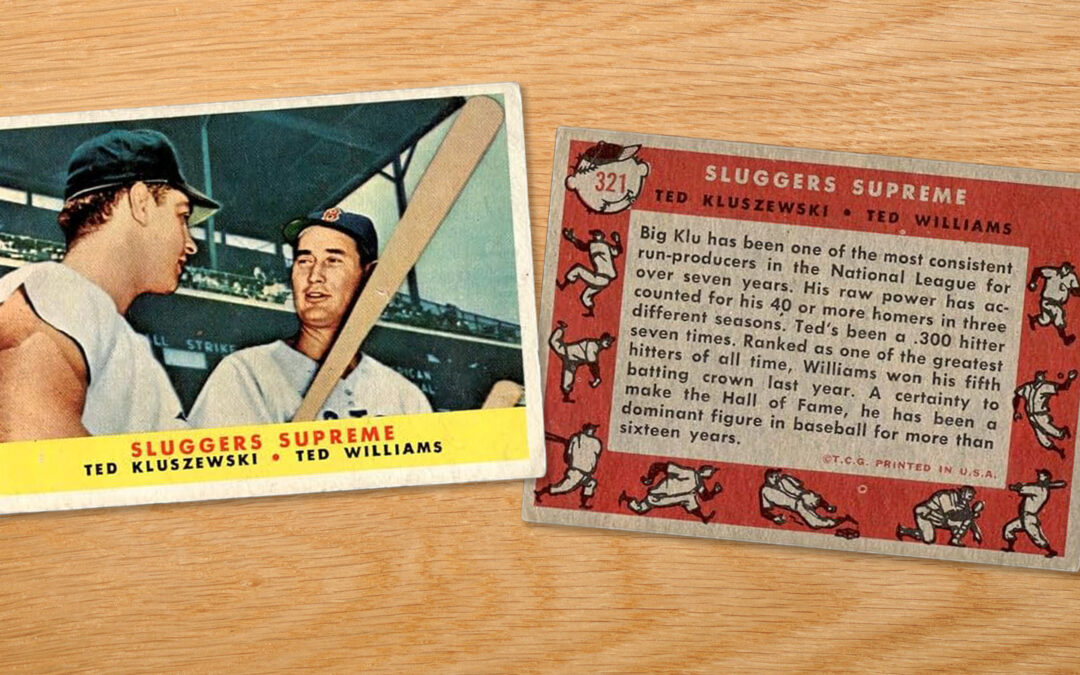
by Robert Bowie, Jr. | May 27, 2025 | Featured, Humor, Personal
Have you been following the economics of this country recently?
Guess who was invited to President Trump’s private event for customers of his cryptocurrency business on Thursday and given a White House tour on Friday?
I wasn’t!
I called my friends, Peter, Belinda and Liza, to see if they had been part of this same oversight by the President.
Peter, Belinda and Liza and I were neighbors during our middle school years and have been friends ever since for over 60 years, and all of us were there from the beginning of cryptocurrency.
They weren’t invited either!
We concluded that this oversight by the President was not his fault and was due to only one possible interpretation.
Our President does not know a lot of American history or, to be a little more polite, he has not yet become aware of the true history of cryptocurrency.
As the rest of us already know, cryptocurrency was quietly created after Nixon took the country off the gold standard. Quite conveniently, it was the same time the first Topps baseball cards were issued in five-card packs with a card size slab of bubblegum included.
The retail cost was five cents per pack. A penny for each card and the bubblegum was free — age appropriate pre-pubescent genius marketing.
A half century before cryptocurrency entered the world stock market, Peter and I were both early investors in baseball cards, and then found another lucrative market in marble monopolies. We were early traders in pre-crypto middle school cards and marbles during recess.
Peter cornered the marble market so effectively that the marble market collapsed after he won all the marbles.
I tried to make a run on “big marbles” so I dressed up my little middle school self and went to pawn shops and antique stores looking for clear round door knobs.
Regrettably, no door knobs are completely round and thus valueless in the larger marble markets.
As a result — for the good of the market — Peter gave a written announcement handed out to the neighborhood that he would be emptying several boxes of marbles to the neighborhood market for free one late spring Saturday afternoon. It happened out of a second floor window with the driveway below. It was an early example of flooding the market.
Peter emptied five bankers boxes of multi currency marbles, including “puresy boulders” and several stunning “jumbo spirals.” The market was saved and Peter had made recess fun again.
Baseball cards back then were “to die for,” particularly if you had a complete set. Peter had a complete set of baseball cards for the years 1957, 1958, and 1959.
Even in middle school, you knew these people were serious people! Peter was a born collector and became a well known New York art dealer. Liza became a respected museum curator in Washington DC, and Belinda became a brilliant art writer and critic.
In the alternative, when I went off to college, my mother emptied my closets and threw away all of my marbles and baseball cards… and I became a lawyer.
At the same time as Trump’s cryptocurrency banquet and tour of the White House, his administration announced that they would be retiring the penny because it was not cost-effective to produce it anymore. They had determined that it took four cents to produce a penny. Think about the appreciated value of just one card, bought for a penny. Or even better, a complete set.
Ever since Nixon took us off the gold standard, our currency, stocks and bonds, like cryptocurrency, have no value other than the theoretical value according to the market.
However, with marbles and baseball cards, unlike cryptocurrency, there is the added component of artistic beauty. They are self valuing and hold a valuable historical record on the flip side of the picture — batting average and stolen bases and other stats.
Also, the bubble gum is great for the dental economy.
Hold onto your baseball cards and don’t lose your marbles!





